Pompeo heads to North Korea to jump-start diplomacy
US Secretary of State Mike Pompeo has headed to the North Korean capital, Pyongyang, in an attempt to revive stalled talks between his country and North Korea and pave the way for a potential, second US-North Korean summit.
Pompeo left Japan for North Korea on Sunday, hoping that upcoming negotiations would lead North Korea to abandon its military nuclear program.
“Next stop Pyongyang to meet with Chairman Kim and continue our work to fulfill the commitments made (by) POTUS and Chairman Kim," Pompeo tweeted, using an acronym to refer to president of the United States, Donald Trump.
North Korea has not confirmed that Pompeo will be meeting with Kim himself.
The trip will be Pompeo’s fourth to Pyongyang.
The top US diplomat spent the first leg of an Asian tour in Tokyo on Saturday and will also visit South Korea and China after North Korea and before returning to the US on Monday.
On the flight to Tokyo, Pompeo said his aim was to “develop sufficient trust” between Washington and Pyongyang to move toward peace, adding that, “We are also going to set up the next summit.”
However, he played down the prospects of a breakthrough.
“I doubt we will get it nailed but begin to develop options for both location and timing for when Chairman Kim will meet with the president again. Maybe we will get further than that,” said the top US diplomat.
Trump and Kim held their first meeting in Singapore on June 12, signing a broadly-worded document on mutual goals. Talks between the two sides have had little progress since then.
Pyongyang says Washington has betrayed the spirit of the June summit by making unilateral demands for denuclearization first without taking any reciprocal measures, including for past North Korean goodwill steps.
Trump canceled a previously planned trip by Pompeo to Pyongyang over what he described as insufficient progress toward implementing the terms of the Singapore document.
North Korean Foreign Minister Ri Yong-ho told the United Nations last month that continued sanctions against his country were deepening the rift of mistrust with the US and there was no way Pyongyang would abandon its nuclear weapons unilaterally under such circumstances.
The UN Security Council has imposed several rounds of tough, mainly US-sponsored sanctions on North Korea since 2006 over its nuclear and ballistic missile programs.
North Korea stresses that denuclearization will have to be phased, with each stage coming in return for reciprocal steps by the US, potentially including the removal of US forces from South Korea and lifting rounds of sanctions one by one.
The US seems to want denuclearization first and the potential lifting of sanctions second.
Pyongyang has firmly defended its military program as a deterrent against the hostile policies of the US.
UN calls on Israel to allow unrestricted access to Gaza to deliver aid
‘Arab Nelson Mandela’ released after 40 years in France
VIDEO | Jordanians condemn Israel’s ban on UNRWA activities in occupied Palestine
VIDEO | Million-man march held in Yemen in support of Gaza, Lebanon
Iran says resolved to ‘legally’ pursue Gen. Soleimani assassination case
VIDEO | Outraged over Gaza genocide, Iraqi protesters burn Israel, US and UK flags
Far-right German party calls for UN probe into ‘Berlin’s role’ in Nord Stream blasts
Trump’s ‘Make America Great Again’ shows US debilitated, desperate: Fmr. IRGC chief



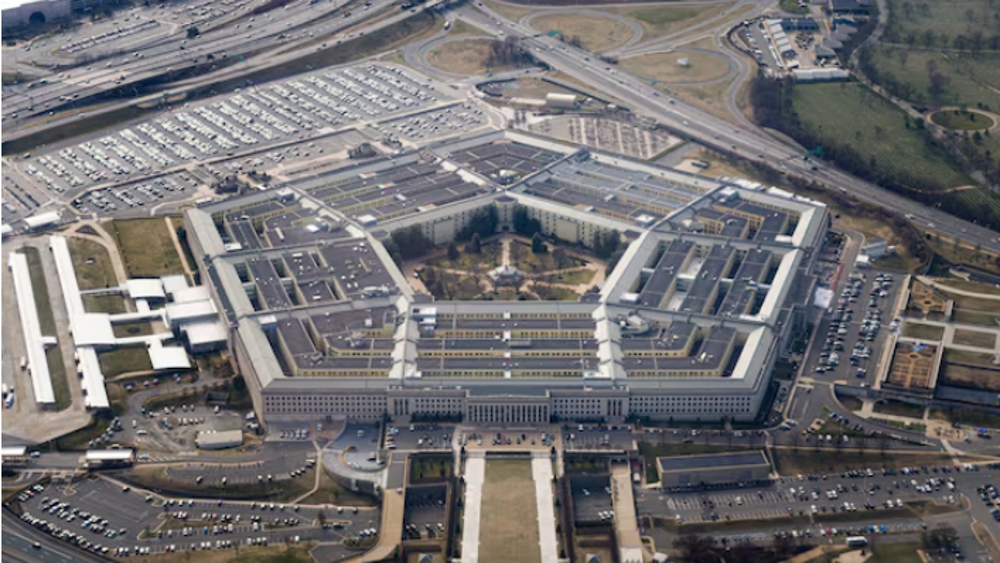
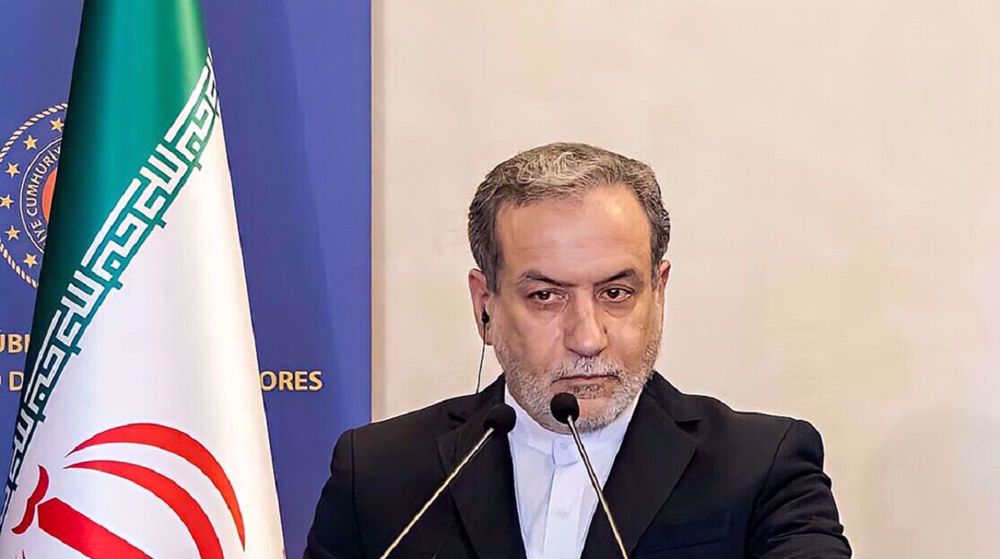
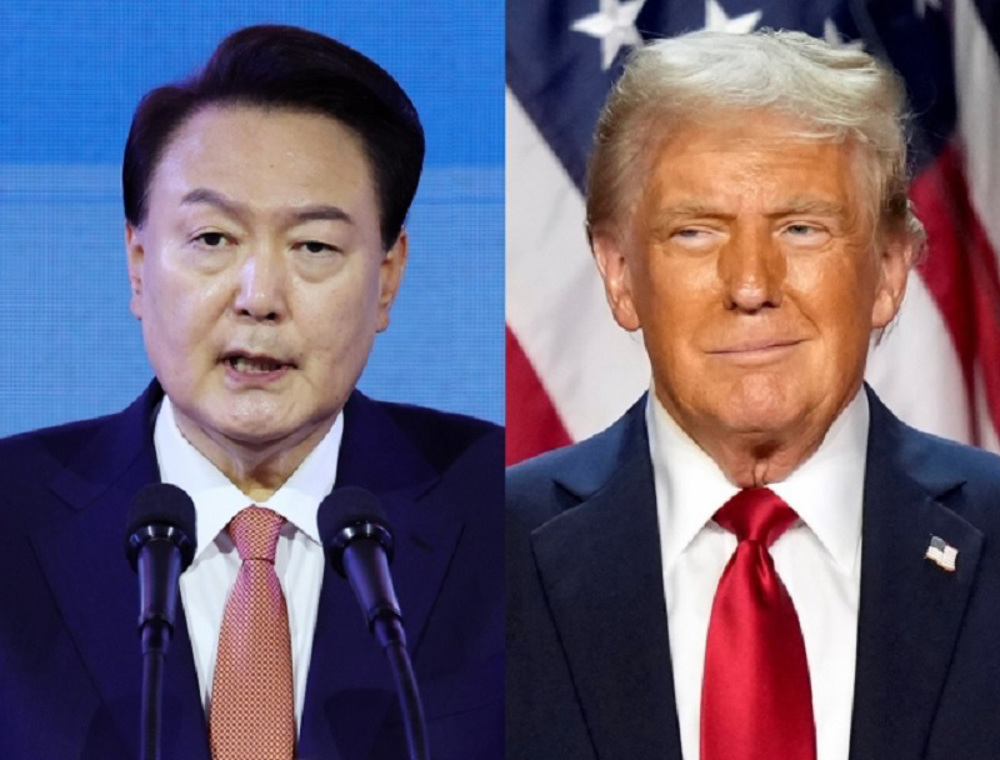



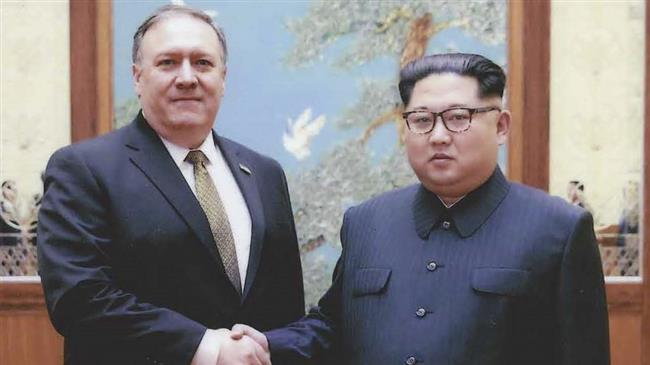
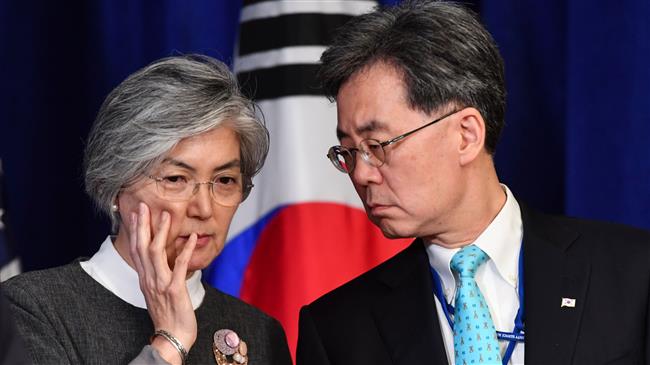
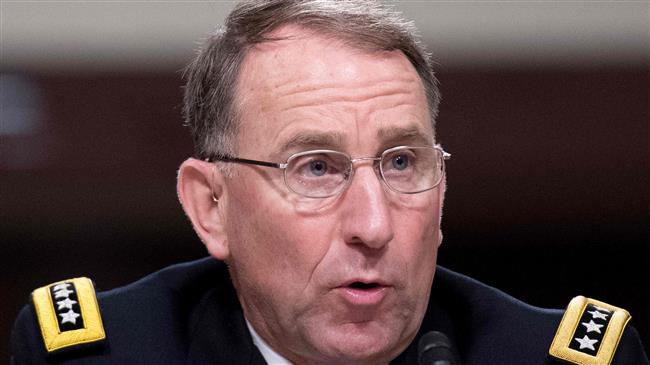
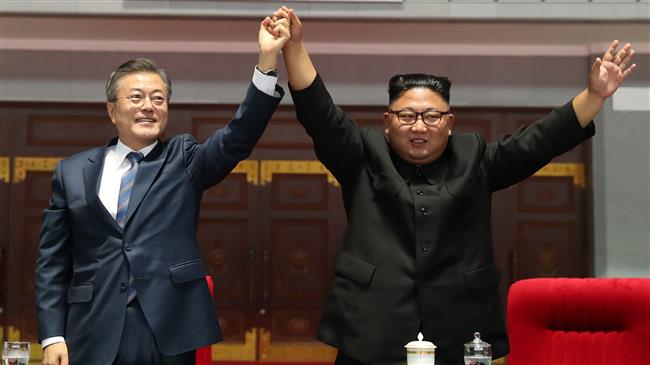

 This makes it easy to access the Press TV website
This makes it easy to access the Press TV website